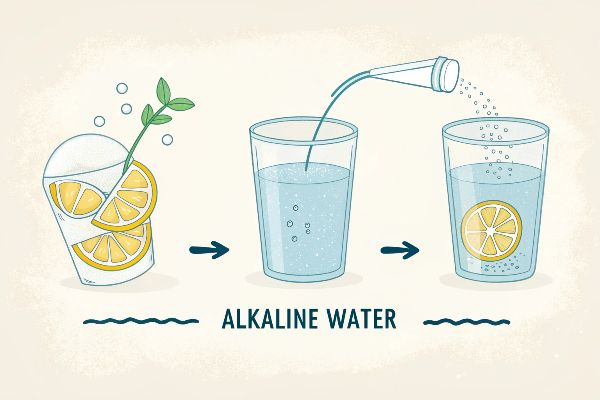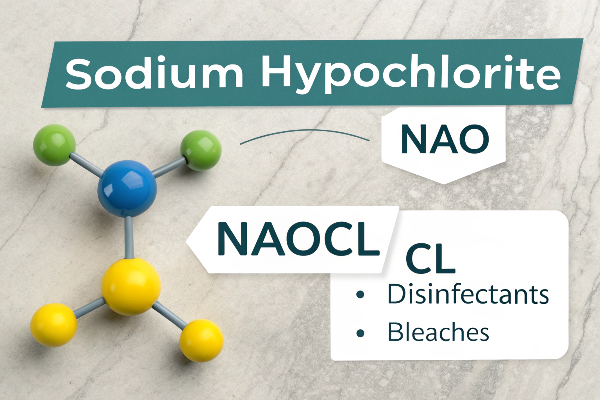Feeling confused about the strength of titanium versus steel? You’re not alone; it’s a common question with a not-so-straightforward answer.
Titanium alloys like Ti6Al4V can be stronger than some steels, but pure titanium is not. Strength depends on the specific alloys and their processing.

It is a complex issue. Let’s break down the nuances of titanium and steel strength to get a clearer picture.
Is Titanium Actually Stronger Than Steel?
Struggling to understand if titanium truly surpasses steel in strength? It is depend on the kind of steel or titanium.
Pure titanium is less strong than some steels, but titanium alloys can surpass the strength of many steels.

Defining Strength
To answer, We need to define "strength." There are a few key ways to measure it:
- Tensile Strength: Resistance to being pulled apart.
- Yield Strength: Resistance to permanent deformation.
- Impact Strength: Resistance to sudden force.
- Hardness: Resistance to scratching and indentation.
| Property | Pure Titanium | Steel (e.g., Mild Steel) | Titanium Alloy (Ti6Al4V) |
|---|---|---|---|
| Tensile Strength | Lower | Higher | Higher |
| Yield Strength | Lower | Can be Higher | Higher |
| Density | Lower | Higher | Lower |
| Strength-to-Weight | Higher | Lower | Much Higher |
Pure titanium has a lower tensile and yield strength than many types of steel. However, titanium alloys, like the commonly used Ti6Al4V (6% aluminum, 4% vanadium), significantly boost these properties, often exceeding the strength of many steels. And one of the big plus is that they’re much lighter. So you will find titanium alloy is better on strength-to-weight1.
What are the Disadvantages of Titanium?
Wondering what the catch is with titanium? It sounds amazing, but it’s not perfect. There are some downsides.
The biggest disadvantage of titanium is its cost; it’s significantly more expensive than steel to produce and fabricate.

Cost and Manufacturing Challenges
- Extraction: Getting pure titanium from its ore is a complex and energy-intensive process.
- Machining: Titanium is notoriously difficult to machine. It requires specialized tooling and techniques.
- Welding: Welding titanium needs a completely inert environment to prevent contamination, adding to the complexity.
| Disadvantage | Explanation | Impact |
|---|---|---|
| High Cost2 | Extraction and processing are expensive. | Limits its use to applications where its benefits outweigh the expense. |
| Difficult Machining3 | Requires specialized tools and expertise. | Increases production time and cost. |
| Reactivity at High Temp4 | Can react with oxygen and other elements at high temperatures, requiring special handling during manufacturing and welding. | Requires careful process control, adds complexity. |
| Galling Tendency | Prone to seizing or sticking when in sliding contact with other metals. | May require surface treatments or coatings. |
Because these challenges, the cost of using titanium is much higher.
Does Titanium Bend or Break?
Are you thinking about how titanium holds up under pressure? Does it give way gradually, or snap suddenly?
Titanium, especially in alloy form, can bend considerably before breaking. It’s known for its good ductility5 and fracture toughness6.

Ductility and Fracture Toughness
- Ductility: This refers to a material’s ability to deform under tensile stress (being stretched) without breaking. Titanium, particularly alloys, have good ductility.
- Fracture Toughness: This measures a material’s resistance to the propagation of cracks. Titanium alloys generally possess good fracture toughness.
| Property | Description | Titanium Behavior |
|---|---|---|
| Ductility | Ability to deform under tensile stress without breaking. | Good, especially in alloys. |
| Fracture Toughness | Resistance to crack propagation. | Generally good in alloys. |
| Brittleness | Tendency to fracture without significant plastic deformation. | Titanium alloys are not typically considered brittle. |
So, in a practical sense, titanium is less likely to shatter unexpectedly.
Is Titanium More Bulletproof Than Steel?
Think about the protecting power. Is titanium a better shield against projectiles than steel?
While titanium can offer ballistic protection7, it’s not necessarily more bulletproof than steel on a weight-for-weight basis, special steel can protect better.

Ballistic Performance
- Density Matters: Steel is denser than titanium. This means that a thicker piece of titanium is needed to achieve the same stopping power as a thinner piece of steel.
- Alloy Specifics: The type of steel and the specific titanium alloy are critical. High-hardness armor steels are designed specifically for ballistic resistance.
| Material | Performance |
|---|---|
| Steel (Armor Grades) | Can provide excellent ballistic protection, especially high-hardness varieties. |
| Titanium Alloys | Offers good protection, but may require greater thickness than steel for equivalent stopping power. |
Titanium alloys can be better on a strength-to-weight basis.
What is the Strongest Metal on Earth?
Curious about which metal reigns supreme in the strength department? You’ll be surprise!
While many might guess titanium, certain steel alloys currently hold the record for the highest tensile strengths8.

Strength Champions
- High-Strength Steel Alloys9: Specific steel alloys, often with elements like chromium, molybdenum, and vanadium, can achieve incredibly high tensile strengths. These are often used in demanding applications like aerospace components and high-pressure vessels.
- Maraging Steels10: A special class of low-carbon steel.
| Metal Type | Tensile Strength (Approximate) | Notes |
|---|---|---|
| Certain Steel Alloys | Can exceed 2000 MPa | Often highly specialized alloys. |
| High-Strength Titanium Alloys | Up to around 1400 MPa | Excellent strength-to-weight ratio. |
The strongest metal now is still steel.
Conclusion
Titanium alloys are strong, but they don’t necessarily beat all types of steel in every strength measure. It offers a fantastic combination of strength, low weight, and corrosion resistance, making it ideal for many applications, but the cost is higher than steel.
-
The strength-to-weight ratio is vital for applications where weight is a concern. Learn more about its significance in material science. ↩
-
Understanding the reasons behind titanium’s high cost can help you appreciate its value and applications in various industries. ↩
-
Exploring the machining challenges of titanium can provide insights into its manufacturing complexities and the need for specialized tools. ↩
-
Learning about titanium’s reactivity at high temperatures is crucial for safe handling and effective manufacturing processes. ↩
-
Understanding ductility is crucial for evaluating how materials like titanium behave under stress. Explore this link for in-depth insights. ↩
-
Fracture toughness is key to assessing material durability. Discover more about its significance in engineering and materials science. ↩
-
Discover the best materials for ballistic protection and how they perform against projectiles, including titanium and steel. ↩
-
Learn about tensile strengths, their significance in material science, and how they impact engineering decisions. ↩
-
Explore this link to understand the unique properties and applications of high-strength steel alloys in various industries. ↩
-
Discover the advantages of maraging steels, including their strength and applications in high-performance environments. ↩





